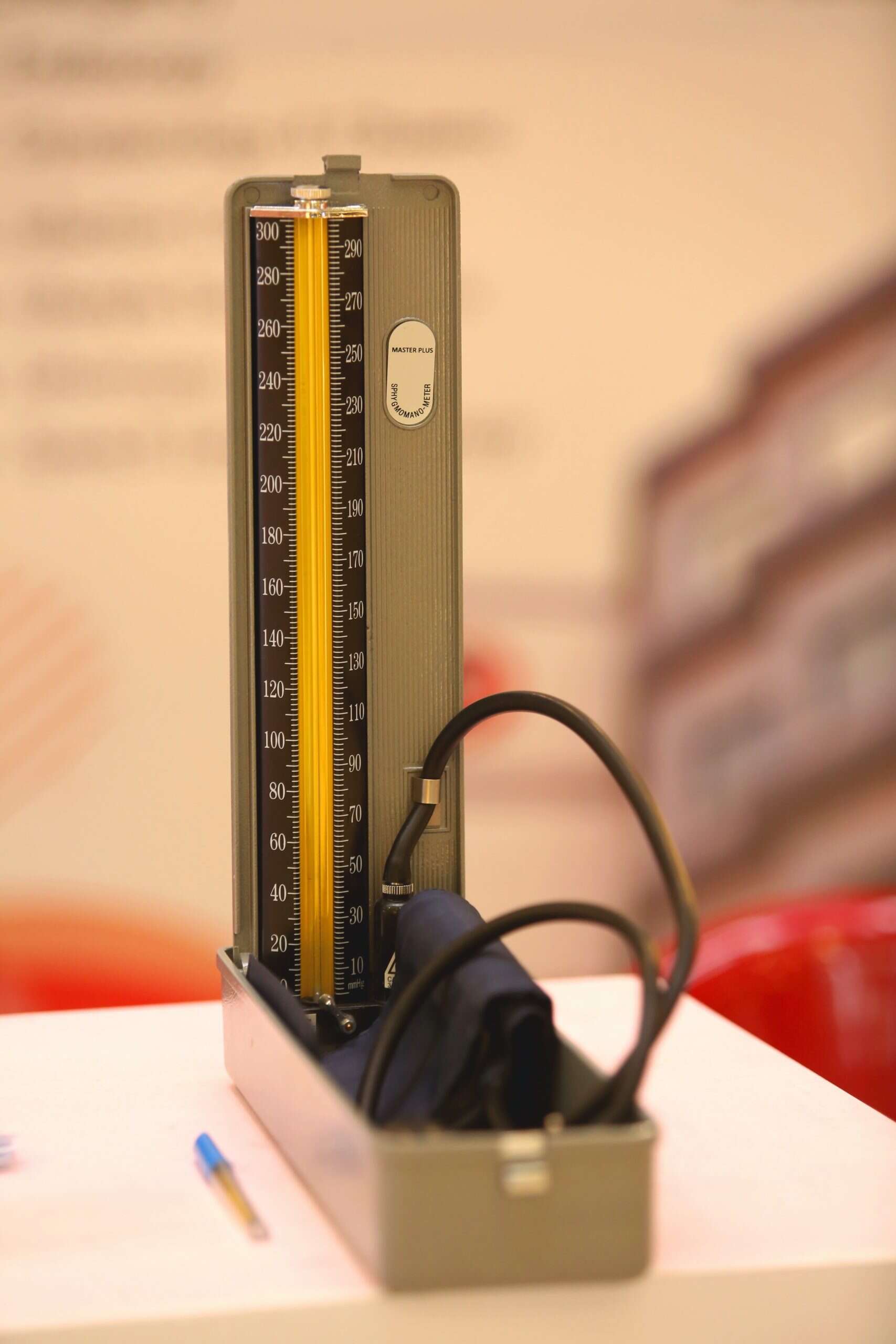What is blood pressure?
Blood pressure refers to the force that your blood puts on the walls of your arteries. When your distance is too high, it can damage the walls of our arteries, heart and kidneys.
What is the main cause of high blood pressure?
Despite its name, blood pressure isn’t necessarily caused by a problem with the quantity of blood in your system. Rather, it’s caused by a problem with how forcefully your vessels contract and relax as they push out and let in various levels of fluid. Your doctor will wrap an inflatable cuff around one arm or leg (usually just below the level where you’d feel that arm or leg hurting) to measure this force.
What are normal and high blood pressure readings?
High blood pressure readings vary among individuals, but generally your blood pressure should be 120/80. If it is 140/90 or more, you have “hypertension.” That means you have high blood pressure. It is important to realize that these numbers are just guidelines. The same person may feel perfectly well with a systolic (top number) of 140 and a diastolic (bottom number) of 90, but feel lousy if those numbers change to 150/90. For some people, 140/80 might be normal, while for others it may indicate hypertension. Blood pressure is not something you should try to diagnose yourself. If you have symptoms of hypertension, see your doctor and get it checked out.
Why is high blood pressure dangerous?
High blood pressure damages the vessels that carry your blood. It can make your heart’s job harder, by forcing it to work against greater resistance and pumping more often than it needs to.
It has been linked to some kinds of strokes, heart attacks, kidney failure, and other problems. People who have high blood pressure are at greater risk for heart attacks or strokes than those with normal levels. People who have both high blood pressure and a family history of early heart disease are at greatest risk. Hypertension can’t be cured (at least not yet). But it CAN be controlled. Most high blood pressure is controlled with diet, exercise and medicine.
If you have high blood pressure, there are three things you need to do:
- Figure out what your blood pressure is.
- Decide whether you’re ready to make the changes necessary to control it or if you’d rather live with it.
- If you want to change, work toward controlling your blood pressure by following the plan your doctor gives you.
Try now our interactive tool to compare your options and decide Should I Take Medicine for High Blood Pressure?

